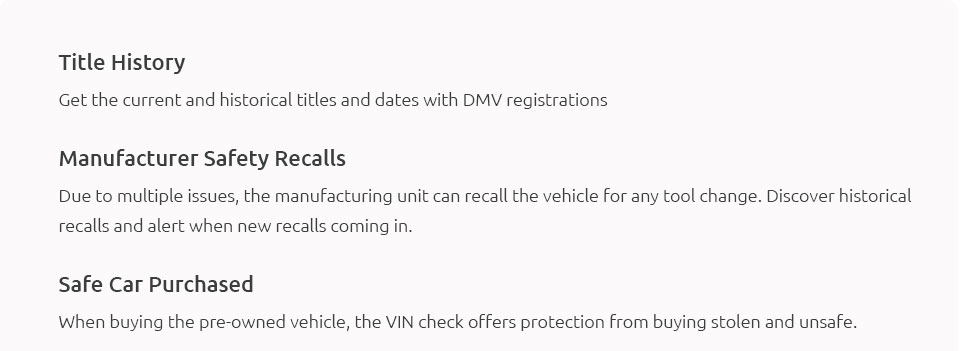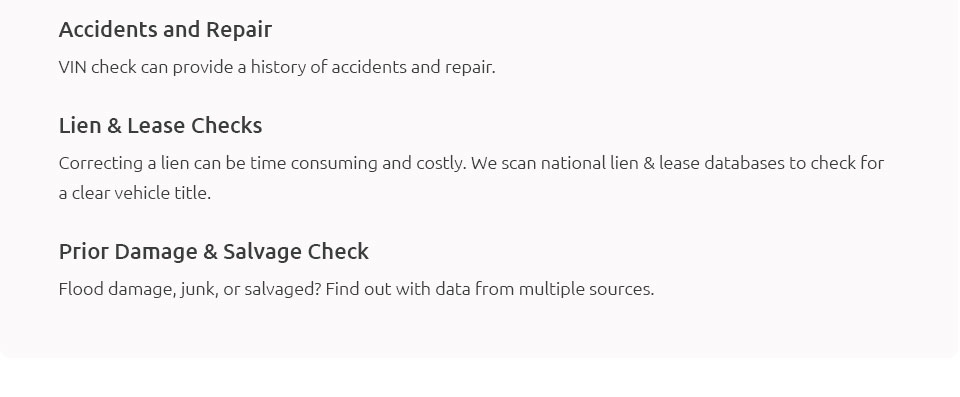 |
 |
 |
 |
 |
||
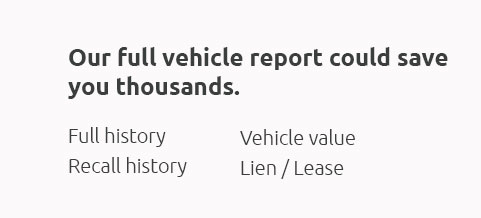 |
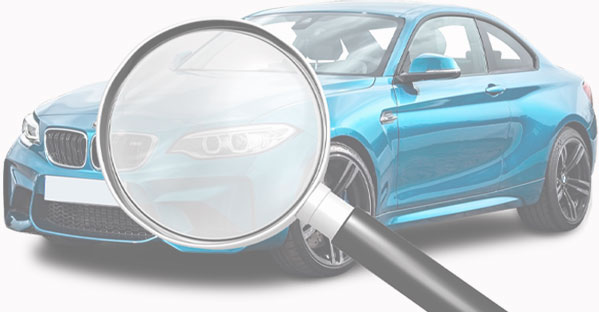 |
|
 |
 |
|
 |
 |
 |
 |
||
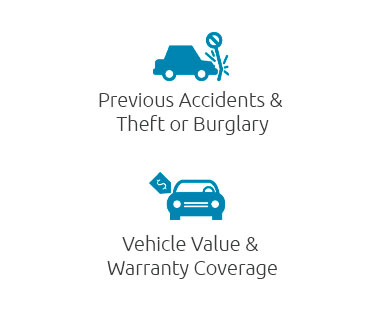 |
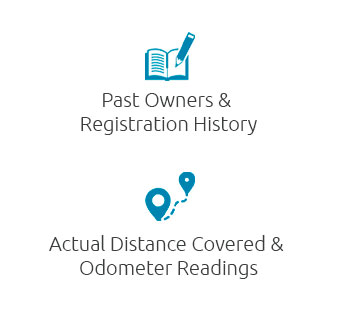 |
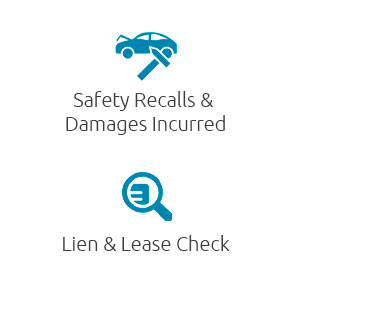 |
 |
 |
 |
||||
|
||||
 |
 |
Understanding License Plate Number Lookup from VINIn today's world, where information is at our fingertips, the process of connecting a license plate number with a Vehicle Identification Number (VIN) has become increasingly important for various reasons, ranging from vehicle verification to legal matters. While some might view this as a mundane task, there are layers of complexity and nuance that deserve attention. The VIN, a unique code assigned to every vehicle, serves as a fingerprint that allows for detailed insights into the vehicle's history, specifications, and ownership records. On the other hand, the license plate number is a more accessible identifier often used in everyday scenarios like traffic enforcement and parking management. The ability to look up a vehicle by license plate number using its VIN can be pivotal, especially in situations where clarity and accuracy are paramount. One must consider the legality and ethical implications when performing such lookups. While the allure of accessing detailed vehicle information is understandable, it's crucial to navigate the boundaries set by privacy laws and regulations. Many jurisdictions place strict limitations on who can access these records and for what purposes, underscoring the need for individuals to conduct these searches responsibly and legally. Furthermore, the information gleaned from such lookups must be used judiciously, with an awareness of its potential impact on privacy and security. Aside from legal considerations, the technological aspect of linking license plate numbers to VINs is worth exploring. This often involves sophisticated databases and algorithms that ensure accuracy and efficiency. Advances in technology have made it easier for authorized entities to perform these lookups with remarkable speed, yet they also highlight the need for robust cybersecurity measures to protect sensitive data from misuse or theft. For those interested in exploring a vehicle's background without breaching privacy or legal standards, numerous resources offer legitimate avenues for information gathering. For example, a free vehicle history check by VIN can provide valuable insights into a vehicle's past, including accident reports, title changes, and more, helping prospective buyers make informed decisions. Ultimately, the ability to associate a license plate number with a VIN is a tool that, when used ethically and legally, can offer significant benefits. However, it demands a careful balance of technological prowess, legal knowledge, and ethical considerations to ensure it serves the greater good without compromising individual rights or privacy. As we continue to embrace the digital age, understanding these dynamics becomes increasingly vital, allowing us to harness the power of information responsibly. https://ridmvservices.ri.gov/vehicle-lookup
Check the current status of your Vehicle Registration on record with the State of Rhode Island Division of Motor Vehicles. All fields are required. Plate number. https://goodcar.com/license-plate-lookup/rhode-island
GoodCar, an online third-party vehicle data provider, allows users to obtain vehicle information using a license plate number or VIN. To do so you must visit ... https://epicvin.com/license-plate-lookup/massachusetts
... plate number, VIN, and other related data. By utilizing this data, our website builds a registration history that parallels our vehicle owner lookup.
|

